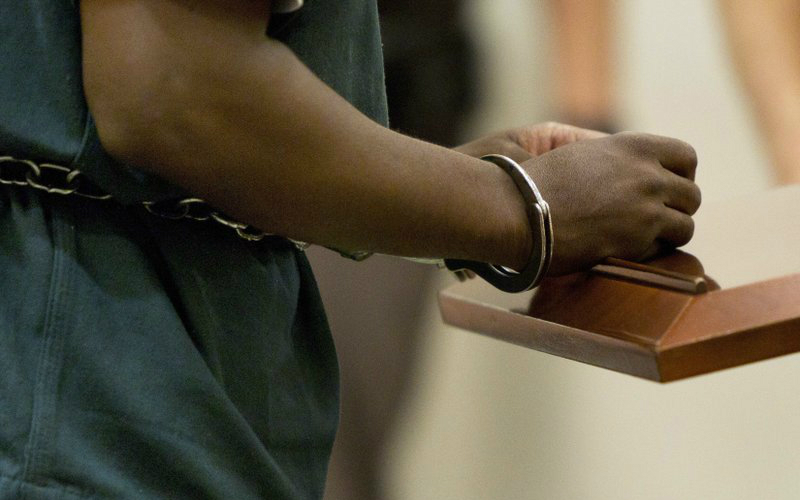Tori Shaw, now a married mother of four, had an abortion at age 16 but never really dealt with her decision until she was in her 30s. That is how Not Forgotten Ministries started.
Statistics show 1 in 4 women have had an abortion but only 1 in 10 women know there is help available.
“Women experience a whole host of issues including depression, anxiety, being covered with shame and guilt, self-medicating, numbing themselves with alcohol and drugs,” she says. “There's an increased risk of all sorts of mental health issues, suicidal attempts, self-harm.”

Compare that list with a pro-abortion Danish study, published in the New England Journal of Medicine. The authors reviewed psychiatric treatments and concluded there is no increase in treatments before and after an abortion.
Dr. David Reardon, of the Elliot Institute, tells AFN the Danish study failed to look at the “cumulative effects” of the psychological risks of abortion.
“They looked only in one or two-month periods, where it had broad ranges of lack of statistical conference,” he advises. “They didn't have enough sampling size to show the results.”
The study’s authors could have looked at the results a year later, and afterward, Reardon suggests, but they did not and hence they authored a misleading study.

Shaw, meanwhile, knows first hand about suppressing the mental and spiritual pain after undergoing an abortion.
At the Not Forgotten ministry, women can get help with the “Not Alone” program in which they partner with another post-abortion woman to begin what Shaw calls the “healing journey” after an abortion.
“We call these sisters and they just connect with one another,” she says. “They have someone to talk to that understands what they're dealing with and they're just an encouragement for one another.”







